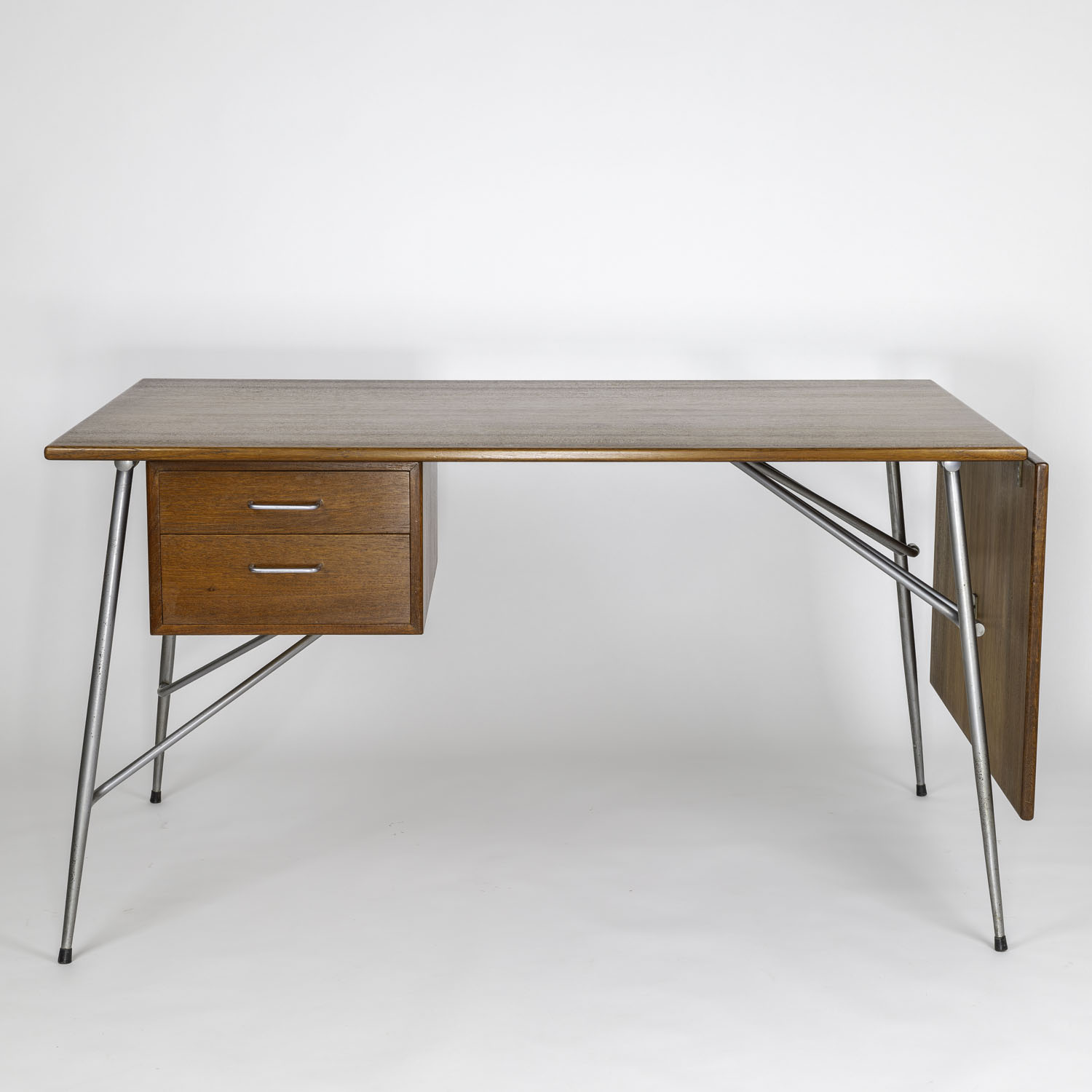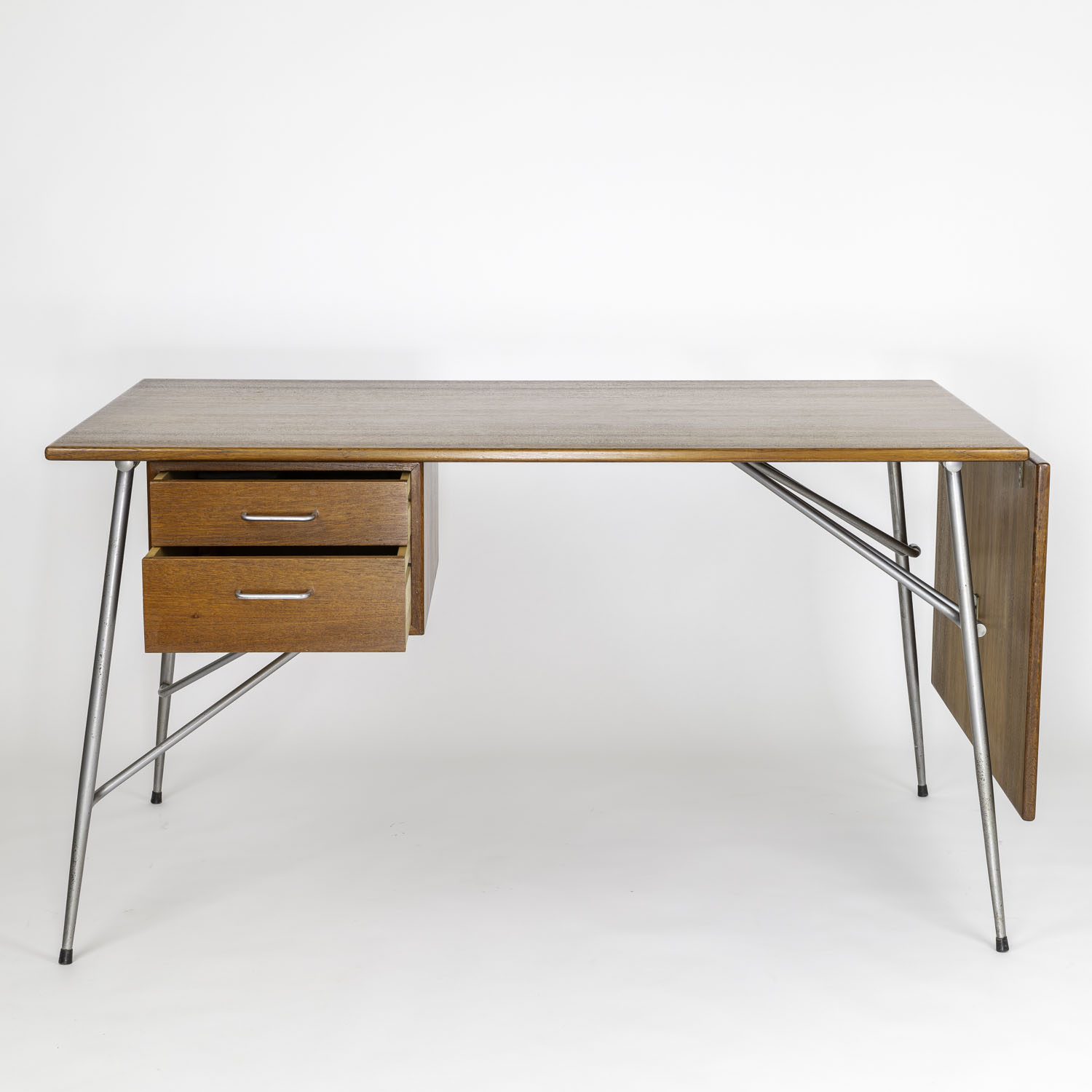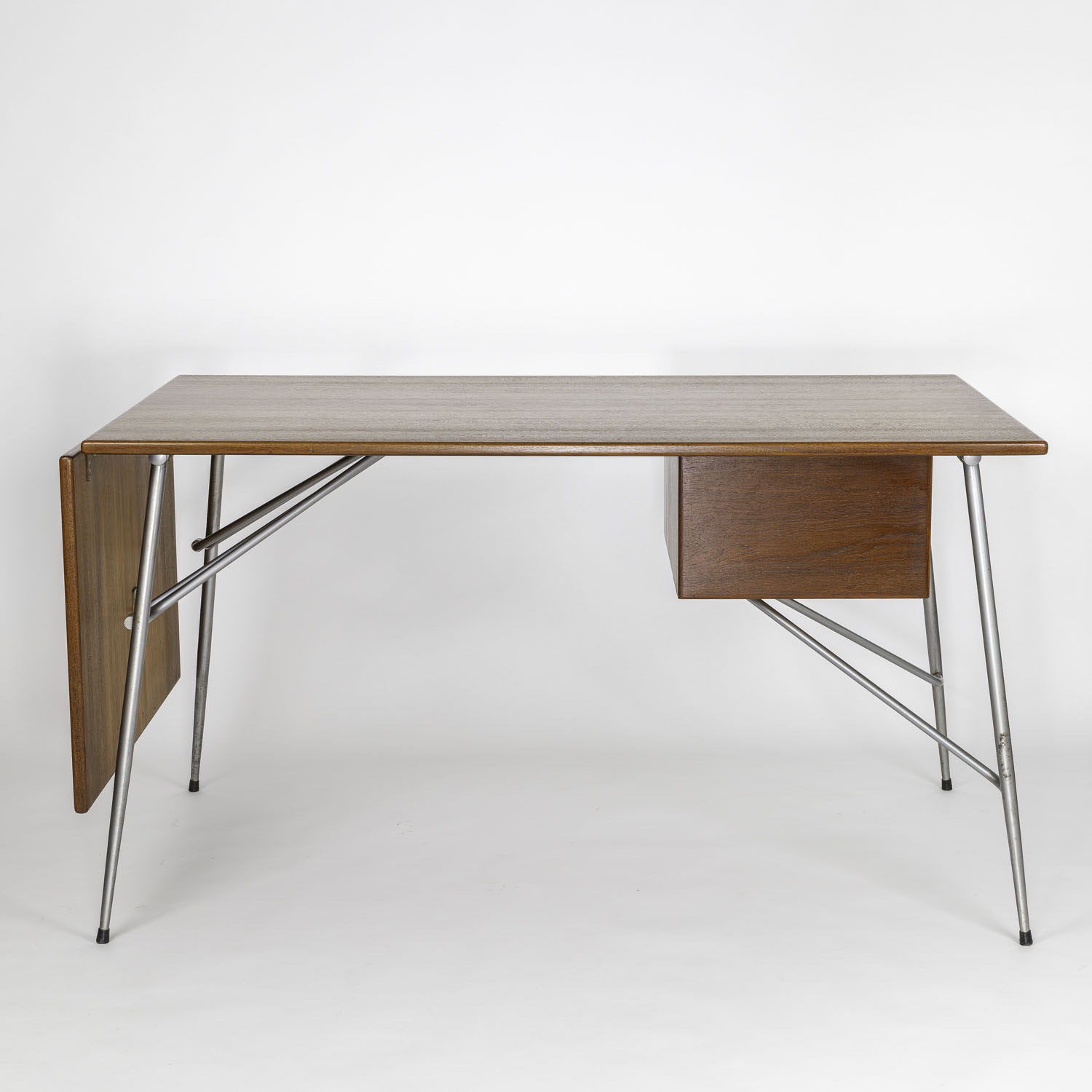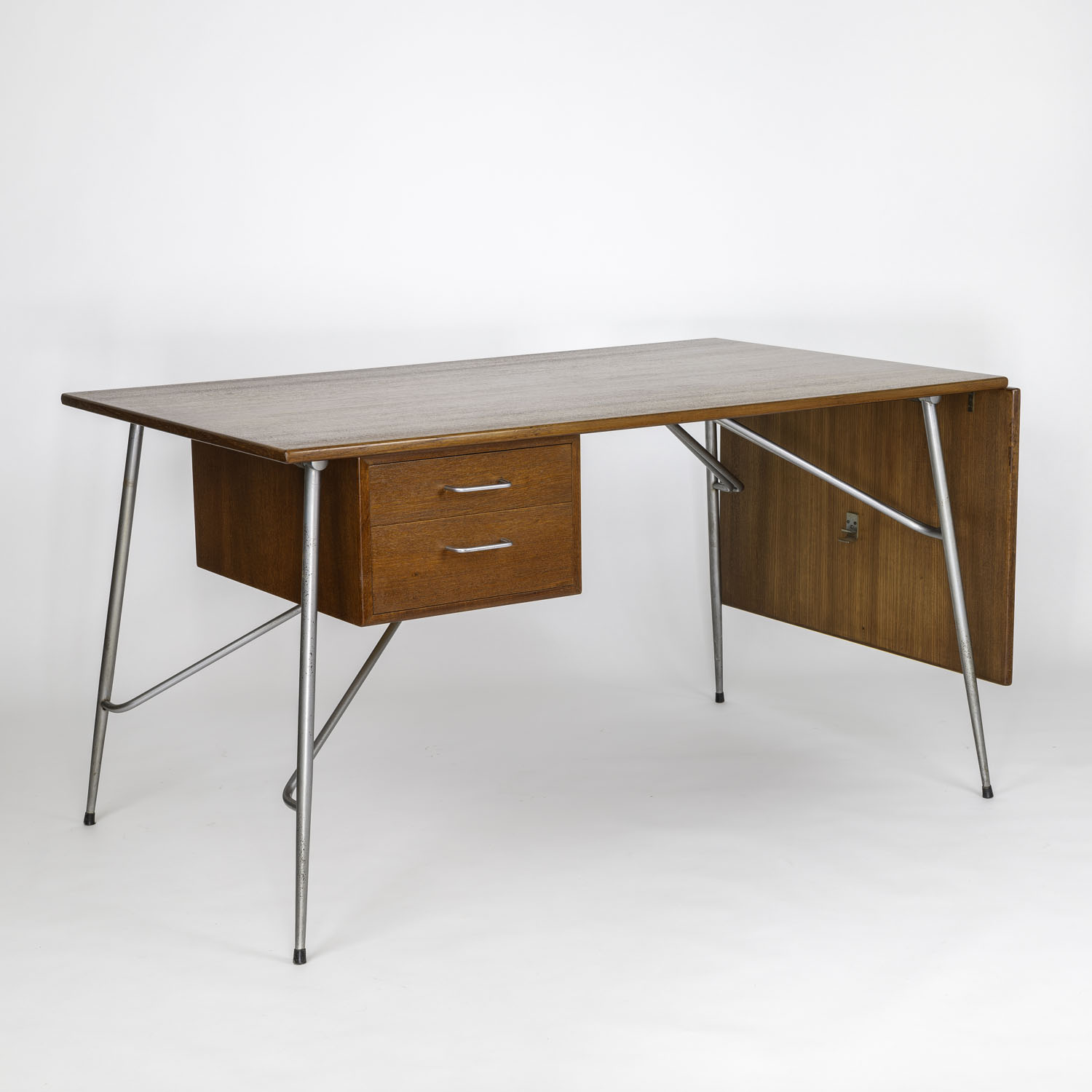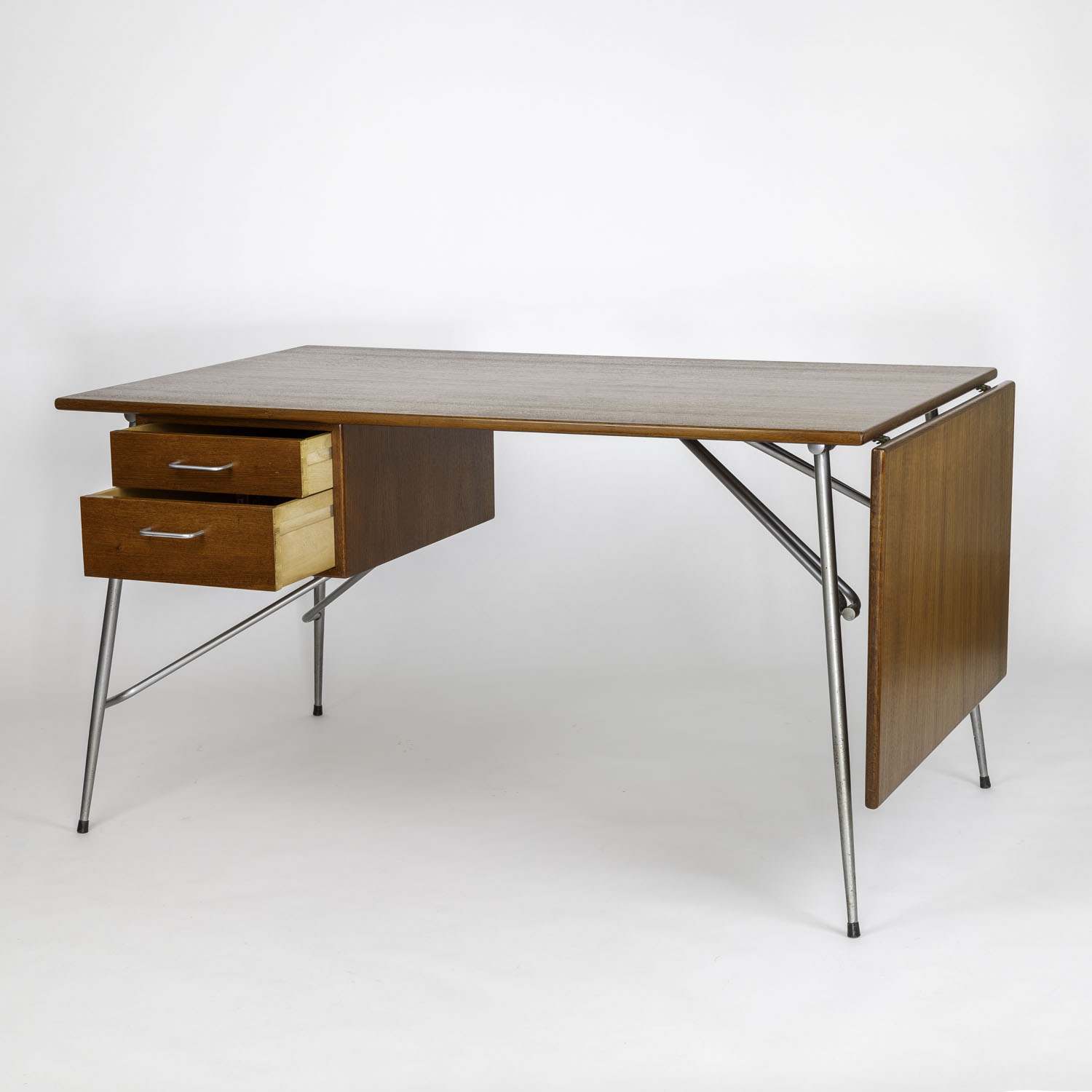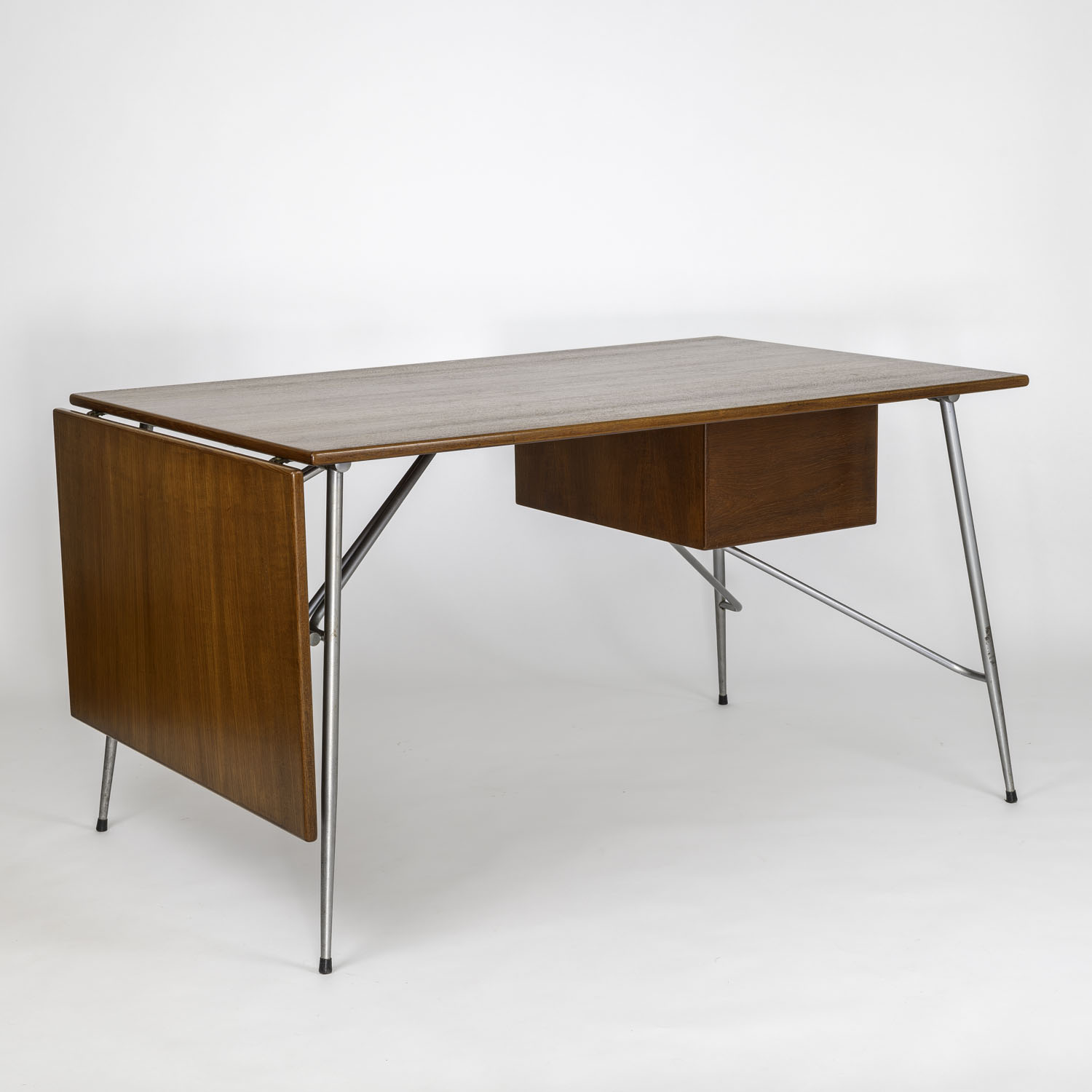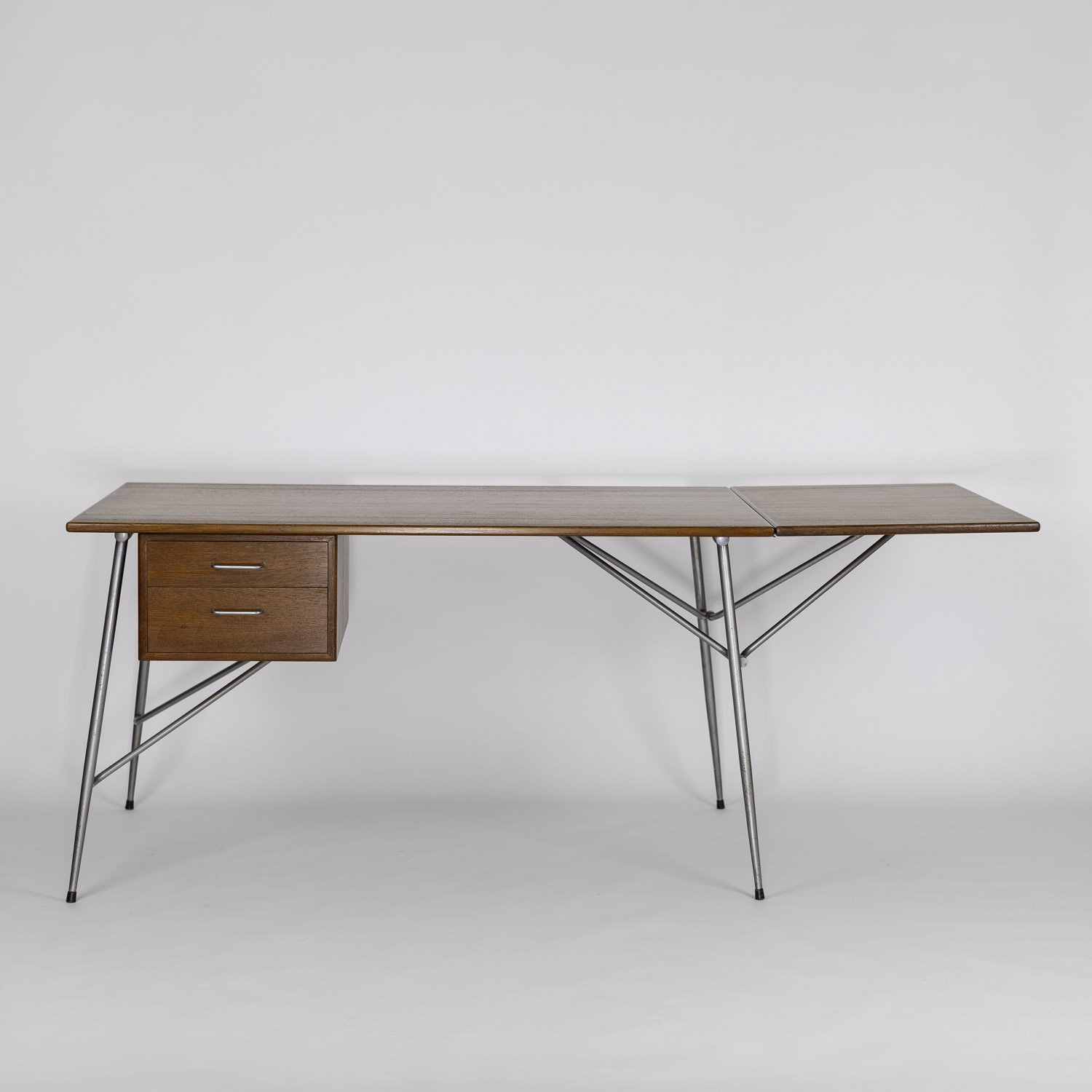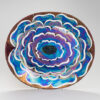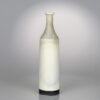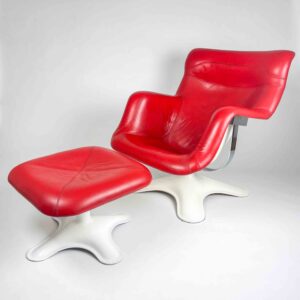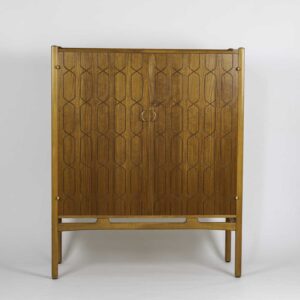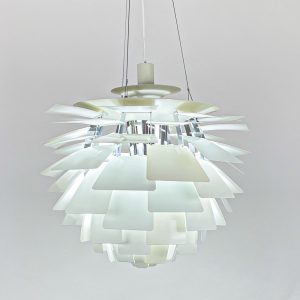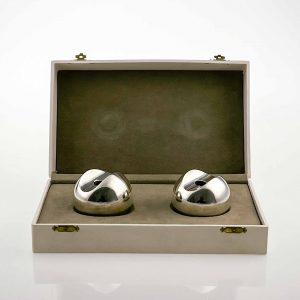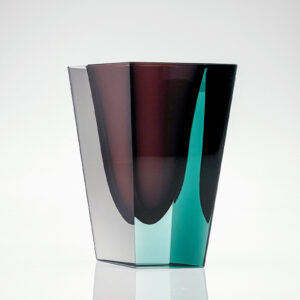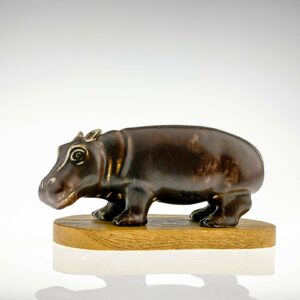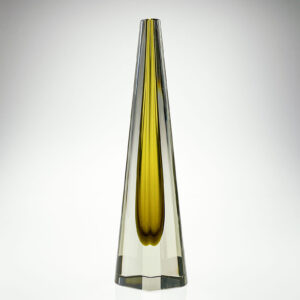| Marked | Unmarked, well known design. |
|---|---|
| Execution | Søborg Møbler, Copenhagen Denmark circa 1955 |
| Condition | Beautiful all original condition. |
| Dimensions | Height 70,5 cm |
| Literature | Per H. Hansen & Klaus Petersen. “Danish Furniture guide”, p. 115. |
Børge Mogensen – Teak wood “dropleaf” desk – Søborg Møbler, Denmark circa 1955
Price upon Request
Availability: 1 in stock
A rare Teak wood “Dropleaf” desk. Designed by the renowned Danish furniture designer Børge Mogensen in 1953. Executed by Søborg Møbler in Copenhagen around the same period.
The desk consist of a solid teakwood desktop supported by a chromed tubular frame. The desk is fitted with a teakwood drawer unit with two drawers with steel handles. The desk folds out through an extension leaf of teakwood supported by an ingenious hinge system.
This “Dropleaf” desk is in excellent condition and has been recently restored.
About Børge Mogensen
Børge Mogensen (1914–1972) was a celebrated Danish furniture designer and a leading figure in the “Danish Modern” movement. His work is characterized by its minimalist, functional, and timeless design, which sought to combine high craftsmanship with accessibility.
Born in Aalborg, Denmark, Mogensen trained as a cabinetmaker before studying furniture design at the “Royal Danish Academy of Fine Arts” under the influential designer Kaare Klint. Klint’s principles of functionalism, simplicity, and the use of natural materials deeply shaped Mogensen’s approach to design.
Mogensen was committed to the idea of democratic design, creating high-quality furniture that was affordable and practical for everyday use. His tenure at FDB Møbler, where he worked on mass-produced, functional furniture, solidified this philosophy. Later, his collaboration with Fredericia Furniture produced some of his most iconic designs, such as the Spanish Chair (1958) and the J39 Chair (1947), both of which reflect his blend of traditional influences with modern aesthetics.
Throughout his career, Mogensen emphasized durability, craftsmanship, and comfort, often drawing inspiration from traditional furniture and folk designs. His work, characterized by its clean lines, solid construction, and use of natural materials like oak and leather, remains highly influential in contemporary furniture design. Today, many of his pieces are still in production and are considered classics of Scandinavian design.


